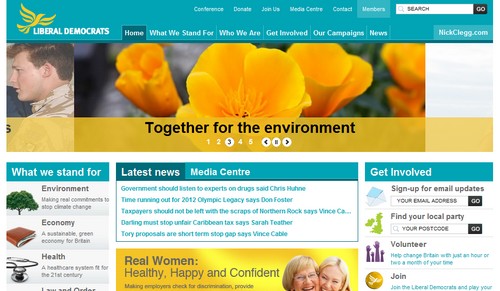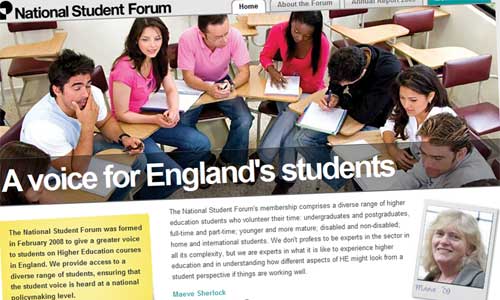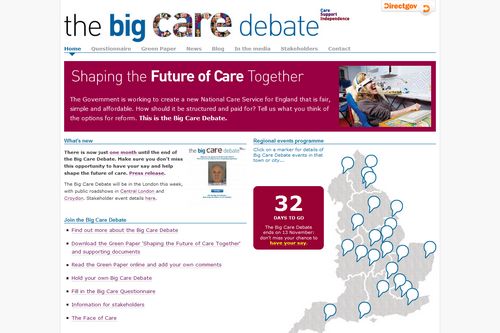Among the Kelly Report’s recommendations for reforming MPs’ expenses and allowances is the abolition of the £10,000 annual Communications Allowance. And quite right too. The report states:
8.20 The Committee believes that effective engagement between an MP and his or her constituents is of the utmost importance, particularly in the wake of recent events. The Committee’s survey research shows that the public expect MPs to keep in touch with what they think is important and to explain their actions and decisions.
8.21 However, with some commendable exceptions, the evidence that the communications allowance has really succeeded in promoting more effective engagement is very limited, even allowing for the relatively short time since its introduction. There is much more evidence of it being used in ways that are essentially party political or have more to do with self-promotion. It is also difficult to police.
8.22 For these reasons, the Committee has concluded that the allowance should be abolished.
It’ll only save between £2m (assuming some of the expenditure finds its way into other allowances) and £5m, a relatively minor sum. But I’m not at all surprised to read:
The Committee has been shown some good examples of the communications allowance being used to engage with constituents in ways which appear to be both valuable and appropriate. However, the Committee has seen much more evidence of the allowance being used to fund material which is largely self-promotional, containing little information about local issues but a large number of photographs of the MP, or which mainly recites party lines.
I recently received a richly-designed mailing from my own Conservative MP. Lots of colour photos. Official Conservative colours and fonts. It may not have mentioned the word Conservative, but there was no doubt which party it came from. If it’s the last one I receive… actually, let me rephrase that. If it’s the last one I pay for myself, I won’t be sorry.
The lesson here, surely, is that you can’t sensibly separate party politics and Westminster business. I’m glad the Committee recognises this. As I’ve written here before (eg around McBride), the implications of such a conclusion go well beyond the few million quid we’ll all save.
PS: The Committee also appears to have added a new definition of greater London, based on a ‘reasonable commuting distance’. It calls for the new independent regulator to draw up a list of constituencies to add to those which meet the current rule: ‘constituencies wholly within 20 miles of Westminster’. The BBC specifically names Reigate, Slough, Runnymede and Weighbridge, St Albans, Welwyn and Hatfield, Epping Forest, Sevenoaks, Maidenhead, Broxbourne, Mole Valley, Windsor and Dartford.





